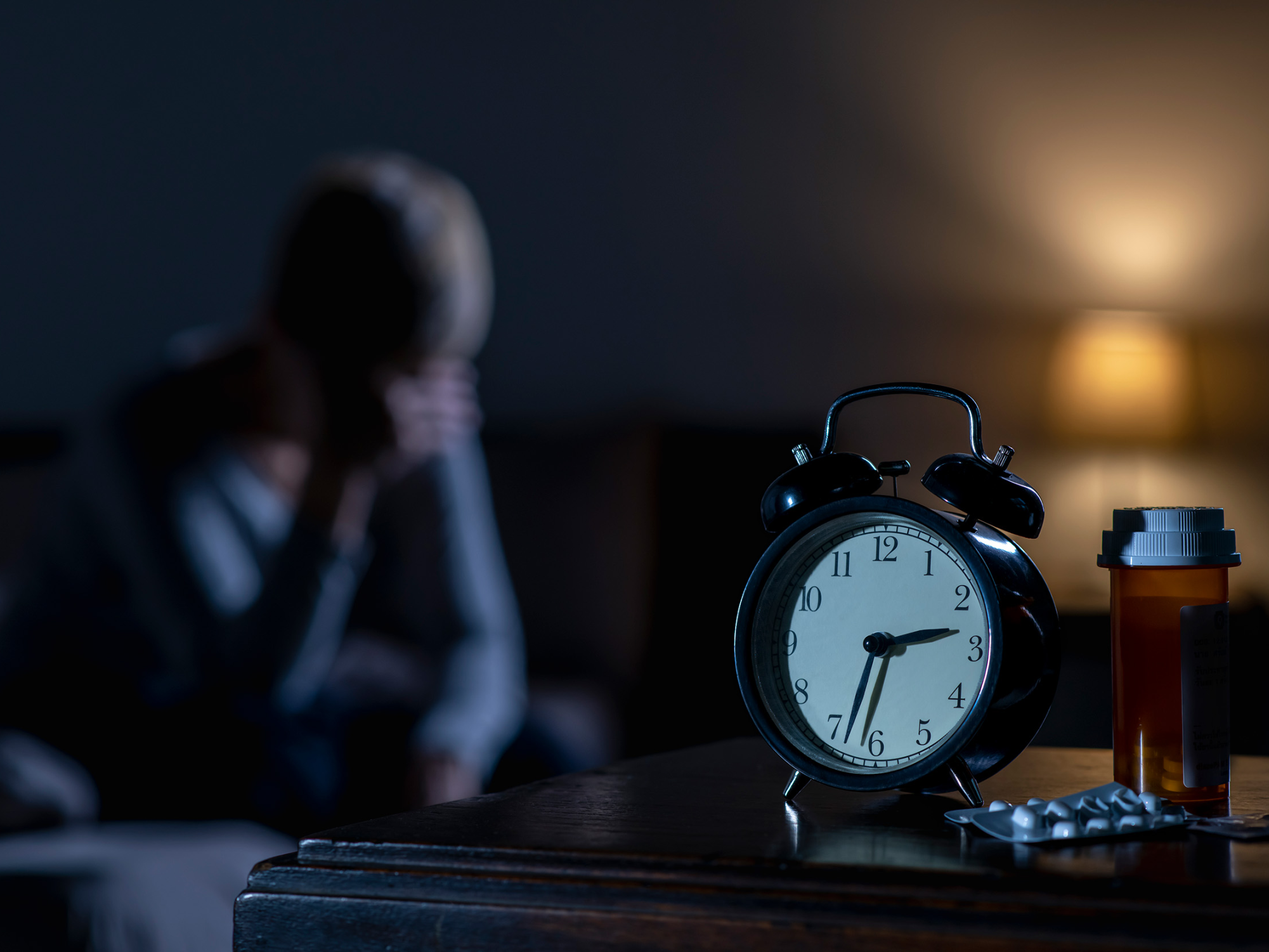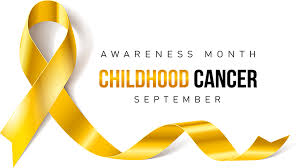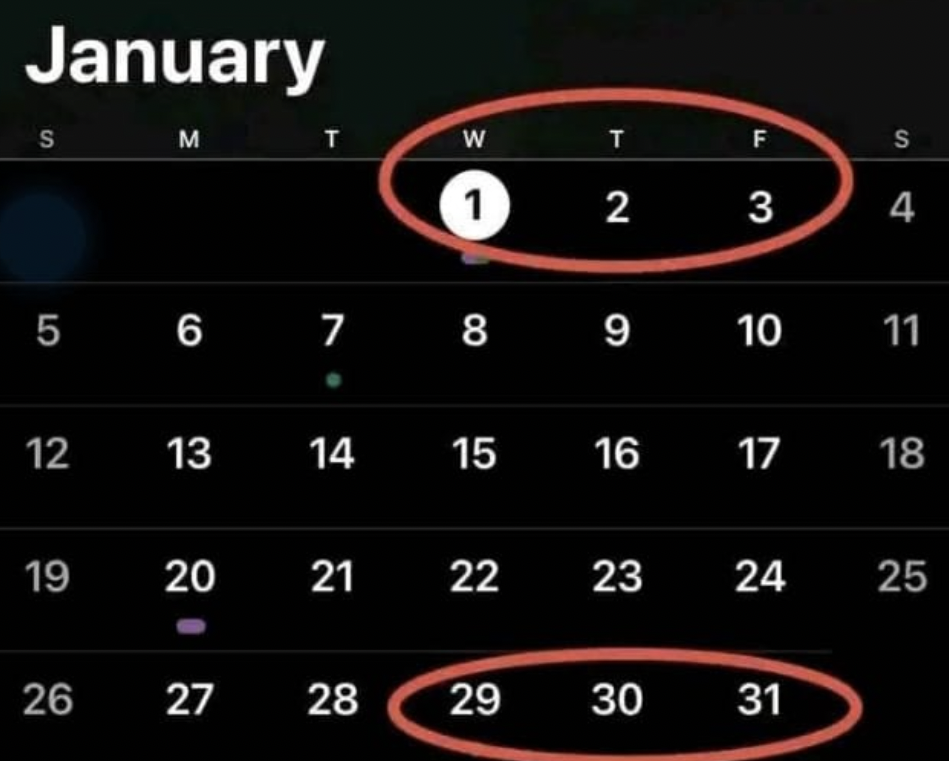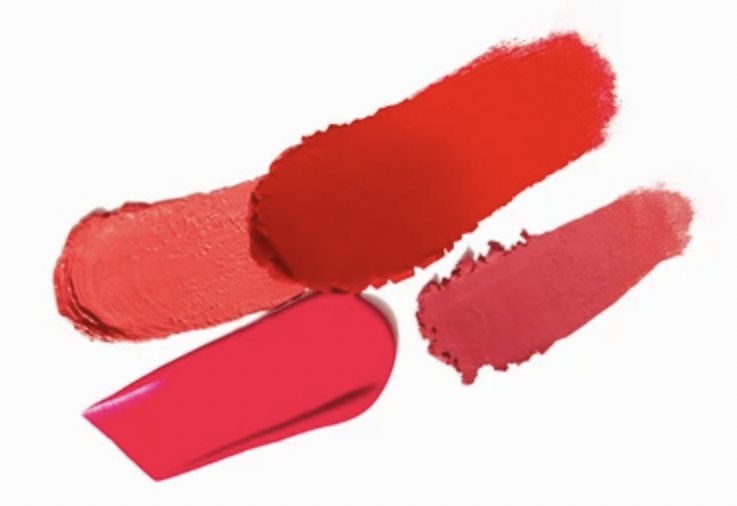In a world that never seems to stop moving, sleep has quietly slipped down our list of priorities. Whether you’re a student trying to meet deadlines, a parent juggling work and family, or someone binge-watching just one more episode at midnight, chances are you’re not sleeping as much — or as well — as you should.
Yet sleep isn’t just rest. It’s repair. It’s memory. It’s mood. It’s everything. In fact, sleep is the “single most effective thing we can do to reset our brain and body health each day,” says Dr. Matthew Walker, neuroscientist and author of Why We Sleep. The majority of people at Ray High School feel tired at least 3 days out of the week, and it’s clear that this is a problem that is only getting worse.
But here’s the thing: it affects everyone — no matter your age, job, or where you live.
Globally, more than one-third of adults don’t get the recommended 7 to 9 hours of sleep each night (CDC, 2022). That number gets worse in industrialized nations, where late-night screen time, high-pressure work culture, and irregular schedules have created what many experts now call a “sleep crisis.”
In fact, RAND Europe estimates that the U.S. economy loses up to $411 billion every year due to tired workers making mistakes, getting sick, or underperforming (Hafner et al., 2017). That’s more than the entire GDP of countries like Ireland or New Zealand—lost to something as simple as not going to bed on time.
It’s easy to see sleep as optional—something you can skip or “catch up on” later. But science says otherwise.
When you sleep, your body does a full tune-up. Your brain sorts and stores memories. Your heart rate and blood pressure drop, giving your cardiovascular system a break. Your immune system strengthens. Hormones balance. And your brain literally clears out toxins that build up during the day—some of which are linked to Alzheimer’s disease. “The shorter your sleep, the shorter your life,” warns Walker, even going as far to say that “[s]hort sleep predicts all-cause mortality”.
That’s not just poetic—it’s backed by evidence. Chronic sleep deprivation is linked to higher risks of heart disease, diabetes, obesity, depression, and even cancer. A 2015 study showed that people who slept fewer than six hours a night were four times more likely to catch a cold than those who slept at least seven (Prather et al., 2015).
One of the biggest enemies of sleep? That glowing device in your hand.
Phones, tablets, and TVs emit blue light, which tricks your brain into thinking it’s daytime. This blocks melatonin, the hormone that makes you feel sleepy. That’s why doomscrolling in bed keeps you awake far longer than you realize.
The good news? You can improve your sleep without needing to buy anything or make dramatic changes.
Here are some simple, science-backed tips that work for everyone:
-
Stick to a schedule: Go to bed and wake up at the same time—even on weekends.
-
Unplug before bed: Avoid screens for at least an hour before sleeping.
-
Create a cave: Your bedroom should be dark, quiet, and cool.
-
Skip the late-night snacks and caffeine: Both can mess with your sleep cycle.
Some companies and countries are even starting to take sleep seriously. In Japan, “nap cafes” are gaining popularity, while tech firms like Google have nap pods in their offices. “Being sleep-deprived is not a badge of honor; it’s a health hazard,” says Dr. Charles Czeisler of Harvard Medical School.
Sleep isn’t just about feeling rested. It’s about being healthy, happy, focused, and alive.
Because when we sleep better, we live better. Sleep is not time wasted; it’s time well spent.






